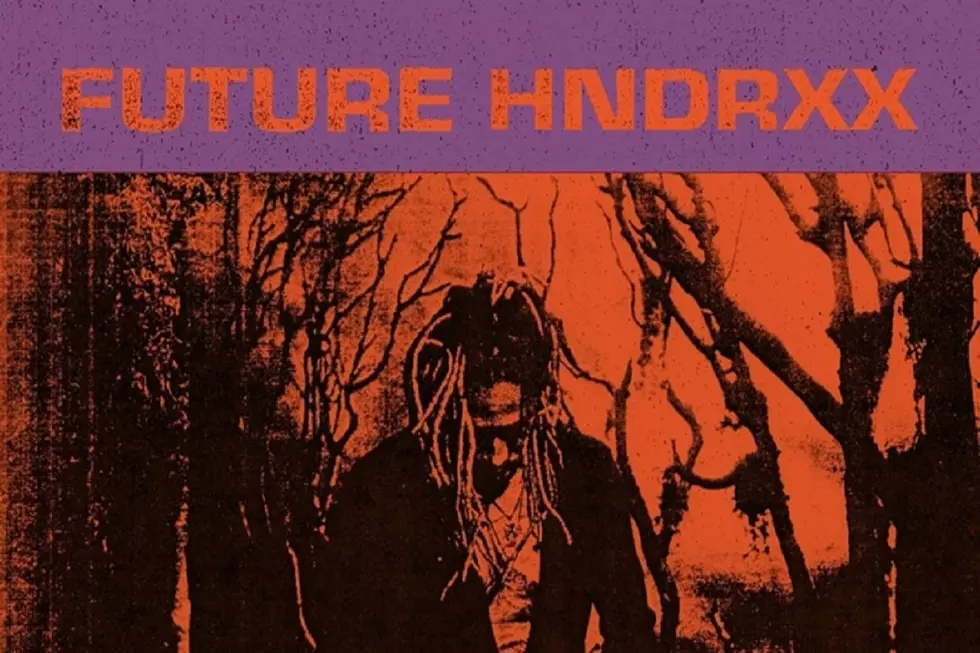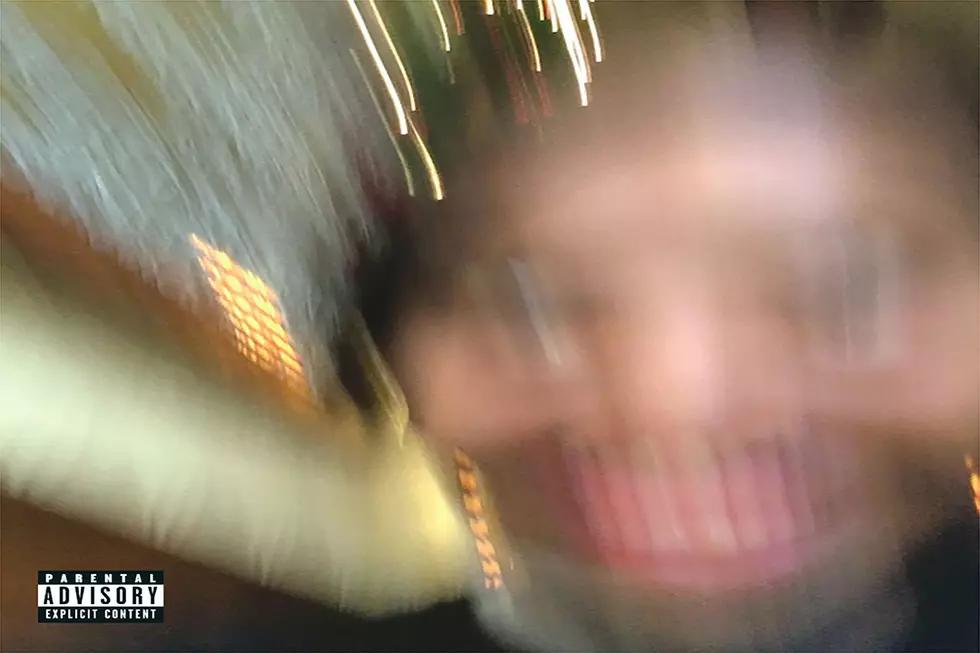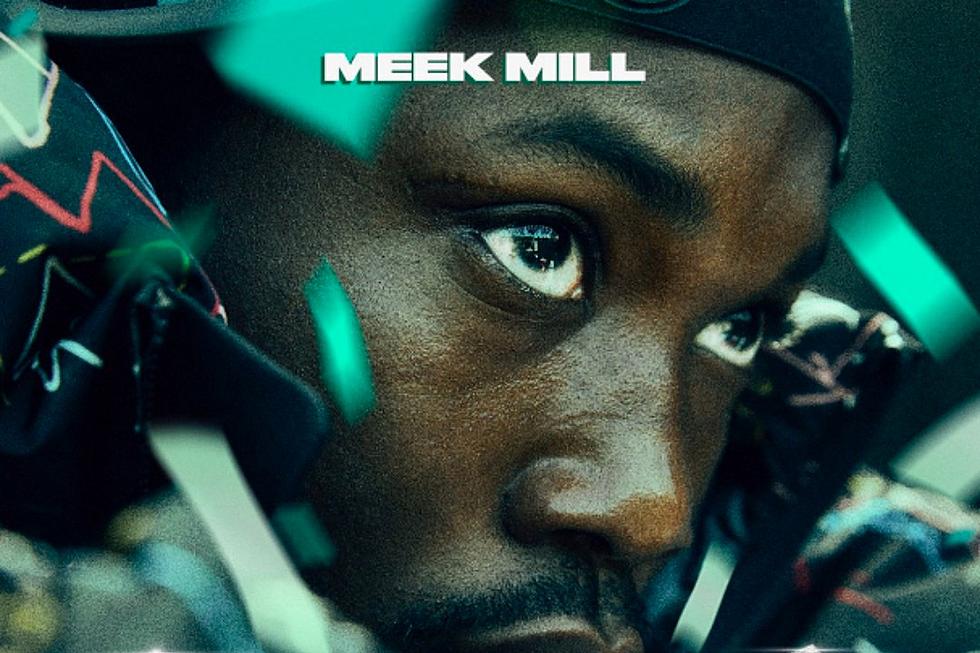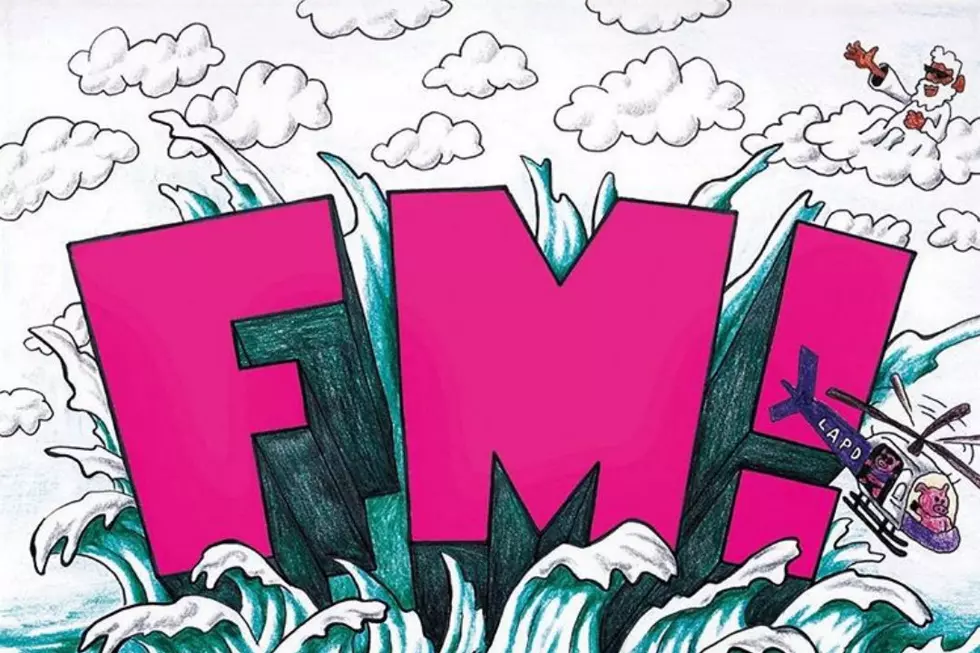OutKast
Idlewild
 It doesn’t matter if Idlewild is the best OutKast album, or even a good OutKast album, because it exists primarily to prove the point that Big Boi and Andre 3000 still make records together. A shame for a group that not six years ago was in its creative prime; they have since decayed to where just showing up is cause for celebration.
It doesn’t matter if Idlewild is the best OutKast album, or even a good OutKast album, because it exists primarily to prove the point that Big Boi and Andre 3000 still make records together. A shame for a group that not six years ago was in its creative prime; they have since decayed to where just showing up is cause for celebration.
After months of delays, there’s certainly reason to rejoice about the arrival of the group’s sixth album, Idlewild, a pseudo-soundtrack to the 1930s-themed Bryan Barber–directed vehicle of the same name. As with 2003’s Grammy-winning double disc Speakerboxxx/The Love Below, Big and Dre mostly stick to solo tracks, staying out of each other’s way. This time, though, the style schism is even more blatant. Andre’s songs verge on the edge of vaudeville, echoing the film’s tone, while Big wants to do anything but.
If you’ve been waiting to hear Andre warbling off-key over some harmonica runs, then this is the OutKast album for you. His best singing comes on “On the Way to Heaven,” where he nails a convincing swing that displays just how intertwined he became with his on-screen character, a mortician, crooning, “We gonna make ’em look divine/On the way to heaven.” Both the guitar blues of “Don’t Chu Worry ’Bout Me” and the hard jive of “PJ & Rooster” sound like they could have been pulled from scratchy 78 RPM records. Yet with Andre’s quavering vocals, they never quite transcend.
Maybe it no longer matters, but the Atlanta duo works better as a unit. The most notable song here is a Big Boi track produced by Andre, “Morris Brown,” where marching band rhythms are reduced to minimalist funk as Big trades four-bar runs with Sleepy Brown (“Two dope boys in a Cadillac still,” Big Boi insists). When Dre and Big finally rap side by side on “Mighty ‘O’,” a strutting Organized Noize production, they sound genuinely simpatico. They both rap the bizarre length of 28 bars, and Andre’s fangs are sharp (“Eat up whatever rapper, but I’m tangled in my cord/Bored/Kinda like a knife with the sword/Without dragons to battle, so I’m running from a shadow”).
Considering how much Andre’s frowned on hip-hop lately, these are ironic words. First, his rapping easily outshines his singing. Second, as if in rebuke, Big Boi peacocks all over Idlewild, a sharp MC at his most mature and vivid. “Peaches,” an intimate tale of a marriage collapsing, is one of his strongest (“She was fierce on the stove, it was always great/Covered plates in the microwave when I came home late/But now, we just debate like some candidates”). On “The Train” he works a plainspoken Native Tongues–style flow, but saves the meandering “Buggface” with a scowling threat, warning, “Like the O-U-T-K-S, clearly, nigga, you know the rest/And if you acting like you don’t, then clearly, nigga, you trying to test/Crystal clearly I confess, and I suggest you clear the runway/ ’Cause the ticket is a one-way, clearly back we won’t be coming.”
Idlewild the movie may well prove to be OutKast’s Purple Rain, but the album is more likely to be their Graffiti Bridge—intermittently brilliant and spotty, and signaling the beginning of the end. That’s not to say that OutKast as-is is worse than OutKast as-was; it’s just that Idlewild hardly inspires the comparison.—JON CARAMANICA
More From XXL









